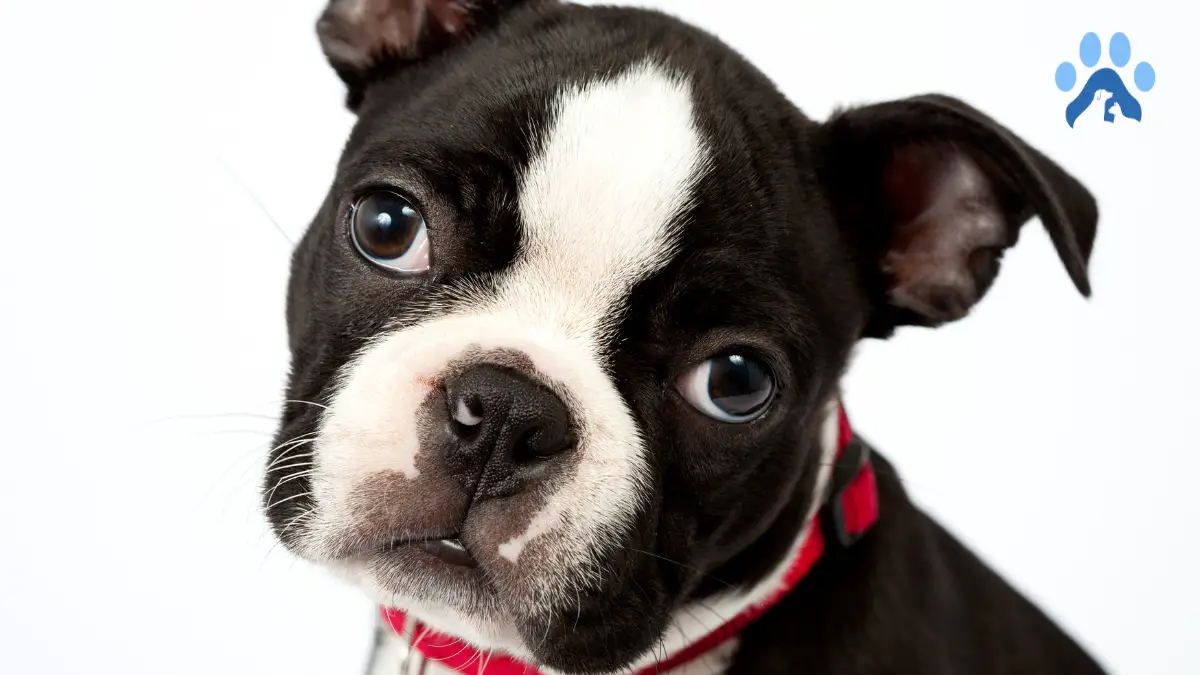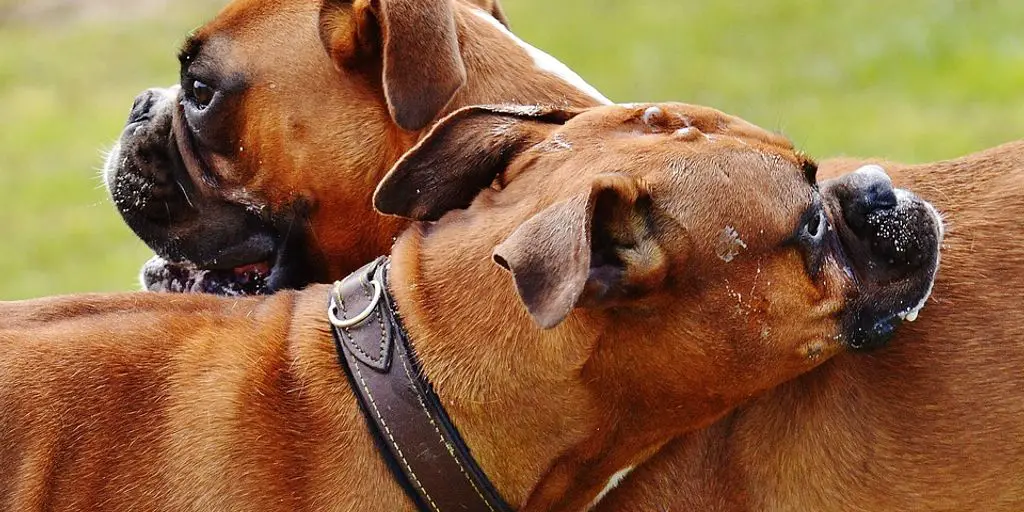So, is your puppy depressed with a collar? We understand as for pet owners like us, it can be disheartening to see our beloved furry friend struggling emotionally.
It’s undoubtedly a matter of concern, and there could be a few causes for this, for instance,
- Some puppies may find it physically irritating, restraining, and painful;
- They can feel it as a controlling instrument that restricts their usual physical movements;
- It could also associate the feeling of isolation, detachment, fear, and anxiety that might bother your pup severely.
Therefore, this article summarizes the causes and effects of puppy depression with a collar, including physical discomfort, fear, and anxiety.
We’ll also provide tips on how to ease your pet’s discomfort and reduce the impact of a collar on their mental health.
Here’s all you need to know,
Collar-Related Depression Examples
Understanding the various types of collar-related depression is crucial in developing effective coping mechanisms and appropriate interventions.
So, here we bring you the different types of collar-related depression with relevant examples.
1. Tight Collars
Here are some of the ways in which tight collars can contribute to collar-related depression in dogs:
- Choking: A tight collar can cause a dog to choke, which can be a frightening experience. This can lead to anxiety and stress, and over time, the dog may become depressed.
- Restricted breathing: A tight collar can also restrict a dog’s breathing, leading to fatigue, lack of energy, and lethargy. These symptoms can contribute to depression in dogs.
- Skin irritation: A tight collar can rub against a dog’s skin, causing irritation and discomfort. This can lead to constant scratching and licking, further aggravating the skin and leading to infection. Chronic skin irritation can cause depression in dogs.
- Neck injury: A tight collar can cause injury to a dog’s neck, leading to pain and discomfort. This can cause the dog to avoid certain activities or movements, leading to decreased activity and possible depression.
2. Shock Collars
Shock collars are a type of collar that delivers an electric shock to a dog’s neck when activated by a remote control or automatic trigger. They are often used as a training tool to discourage unwanted behavior like barking or jumping.
However, shock collars have been associated with various negative effects on dogs, including physical harm and emotional distress.
Therefore, a range of emotional and behavioral changes may occur in dogs subjected to shock collars. These changes may include the following:
- Avoidance behavior: Dogs that have been shocked may become fearful and avoid certain places or activities that they associate with the collar and the shock.
- Aggression: Some dogs may become more aggressive after being shocked towards their owners or other people or animals.
- Anxiety: Shock collars can also lead to increased anxiety and stress in dogs, which may manifest as pacing, panting, whining, or other signs of distress.
- Loss of interest: Dogs subjected to shock collars may also lose interest in playing, socializing, or interacting with their owners or other dogs.
3. Prong Collars
Prong collars, also known as pinch collars, are a type of collar used by dog owners to control their pet’s behavior. Unfortunately, these collars can sometimes induce collar-related depression in dogs.
This type of depression is caused by the discomfort and pain associated with the prongs digging into the dog’s neck.
The dog may exhibit signs of depression, such as lethargy, loss of appetite, and decreased interest in activities they once enjoyed.
Dog owners must consider other training methods that do not involve prong collars to avoid causing stress and discomfort to their beloved pets.
Consultation with a professional trainer or veterinarian can help identify alternative, effective training methods.
Prevent Collar Related Depression in Dogs
To prevent collar-related depression in dogs, choosing the right collar that fits comfortably and allows room for growth is essential. Collars should also be adjusted regularly to ensure they are not too tight or too loose.
Additionally, pet owners should invest in alternative options, such as harnesses or martingale collars, that provide a safer and more comfortable fit.
People Also Asks
Conclusion
Pet owners must be mindful of their furry friend’s comfort and well-being. While a collar is necessary for identification and safety reasons, it is crucial to ensure that it is not causing any discomfort or distress to the pet.
Regular checks and adjustments can go a long way in preventing injuries or making your puppy depressed with a collar.
Moreover, providing enough mental and physical stimulation keeps the pet happy and energetic.
So, be attentive and proactive to ensure your puppy, depressed with a collar, can lead a healthy, happy, and fulfilling life.



